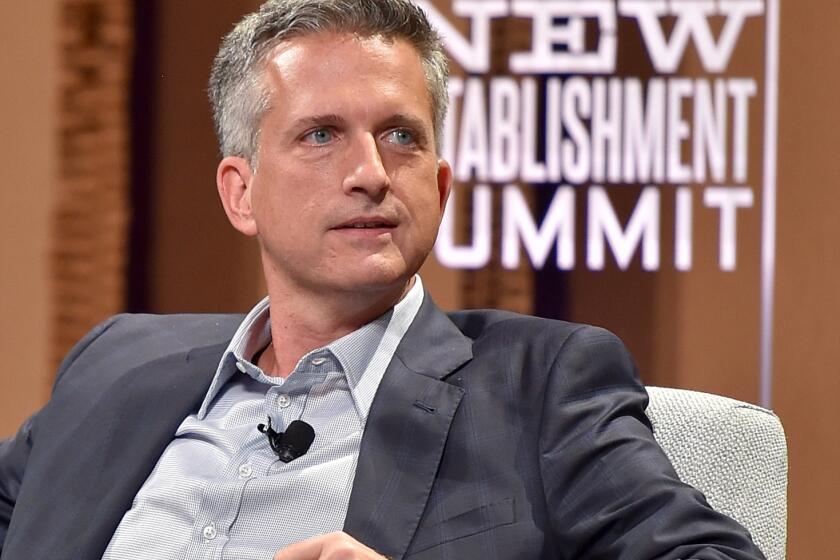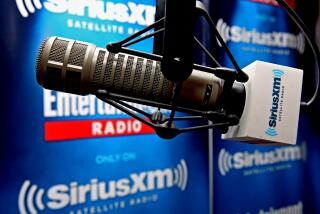Podcast industry growth forecasted to drop by half amid coronavirus pandemic

An annual study of the U.S. podcasting industry halved its growth forecasts as companies pulled or paused advertising campaigns in the wake of the coronavirus outbreak.
The exploding audio medium is forecast to generate nearly $1 billion in 2020 advertising revenue, with an expected growth rate of 14.7%, according to the fourth annual Interactive Advertising Bureau Podcast Ad Revenue Report prepared by PwC. Before the pandemic, the industry was expected to grow as much as 29.6% this year. Revenues are expected to rebound in the third and fourth quarters.
The forecasts will come as a blow to a burgeoning industry, which has multiplied in size in recent years as fans of news and true crime shows tune in from their cars, public transit rides and homes. Podcasting has made stars of print journalists and cold case obsessives. It has also been a hotbed for takeover activity in recent years and â more recently â union organizing.
âPodcasts have solidified their place in the marketing mix, with more marketers planning ahead to secure both inventory and pricing earlier in the season,â said Zoe Soon, vice president at IAB in a statement.
The report cited canceled or paused marketing campaigns as the most prominent reasons mentioned by podcasters for the revenue slowdown in the first two quarters of 2020.
Advertising revenue growth in 2021 and 2022 is forecasted at 55% and 36%, respectively, according to the report.
Some are calling it the second golden age of audio.
In 2019, podcasting ad revenue hit $708.1 million, representing growth of 48% compared with the previous year. Among those benefiting are Southern California podcast firms such as Beverly Hills-based PodcastOne, which has seen its revenues rise by double digits in recent years. L.A-based podcast network the Ringer was recently acquired by Spotify. In 2019, the Swedish music company also acquired podcasting companies Gimlet and Anchor FM Inc.
The report shows how podcasts are gaining traction as part of the annual marketing plans of companies rather than as part of so-called âscatterâ purchasing strategy, when brands and agencies buy inventory closer to the air date. Companies making podcasts part of their annual ad buy has nearly doubled, up 47%, according to the report.
âPodcast hosts are becoming trusted influencers with loyal communities,â said Soon. Some 66% of podcast advertising is host-read, Soon said.
The Writers Guild of America East and other Hollywood unions are expanding their presence in podcasting, which is growing rapidly in L.A. Itâs part of a wave of digital media organizing in recent years.
News was the leading podcast genre for U.S. advertisers in 2019, capturing 22% of revenue; it was followed by comedy at 17%. True crime, a popular genre for producers like Wondery (which has made podcasts in partnership with the Los Angeles Times), captured 9% of revenues. Among advertiser categories, health and wellness was the largest direct-to-consumer segment.
News organizations like the New York Times and the Los Angeles Times have prioritized podcasting as a medium for their content.
âIn the early days of COVID-19, the media formats that remained resilient were those that provided agility to marketers to change messaging,â said Sue Hogan, senior vice president at IAB. Podcasts offer that agility but news ad revenues were hard hit in other media in the early days of the outbreak, she added.
If the pandemic subsides and companies return to investing in advertising, the podcasting industry still has a chance to make up ground this year as historically about a third of U.S podcast revenue is generated in the fourth quarter, according to the report.
More to Read
Inside the business of entertainment
The Wide Shot brings you news, analysis and insights on everything from streaming wars to production â and what it all means for the future.
You may occasionally receive promotional content from the Los Angeles Times.













